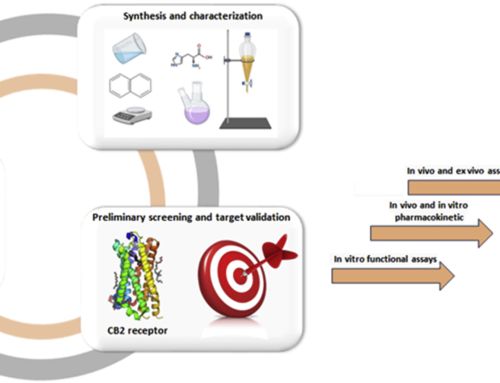Editorial on the Research Topic
Psychometrics in psychiatry 2022: psychological therapy and psychosomatics
The importance of evidence-based assessment and measurement in mental healthcare has become increasingly recognized in recent decades. However, psychiatry has long grappled with challenges in quantifying subjective psychological constructs and patient experiences into objective metrics (1). Unlike other medical specialties that can rely on quantifiable biomarkers (2), psychiatry relies heavily on patient self-reports, clinical evaluations, and rater-based scales. The field of psychiatry has long struggled with the issue of accurately and reliably measuring and assessing mental health constructs and disorders. The subjective nature of psychiatric symptoms and presentations contributes to challenges in quantitative measurement and in evaluating the efficacy of interventions. However, the importance of evidence-based assessment and treatment in mental healthcare cannot be understated. This makes scientifically rigorous assessment and measurement difficult. Historically, psychiatric diagnosis and treatment depended predominantly on clinical intuition rather than empirical data (3, 4). However, the rise of evidence-based medicine, and movements pushing for more reliable and valid psychiatric assessment, led to growing appreciation of the need for quantitative metrics and psychometrics. With the recent replication crisis highlighting issues in reproducibility of psychiatric research, improving measurement methodology has become even more critical
Readmore click here or https://www.frontiersin.org/





